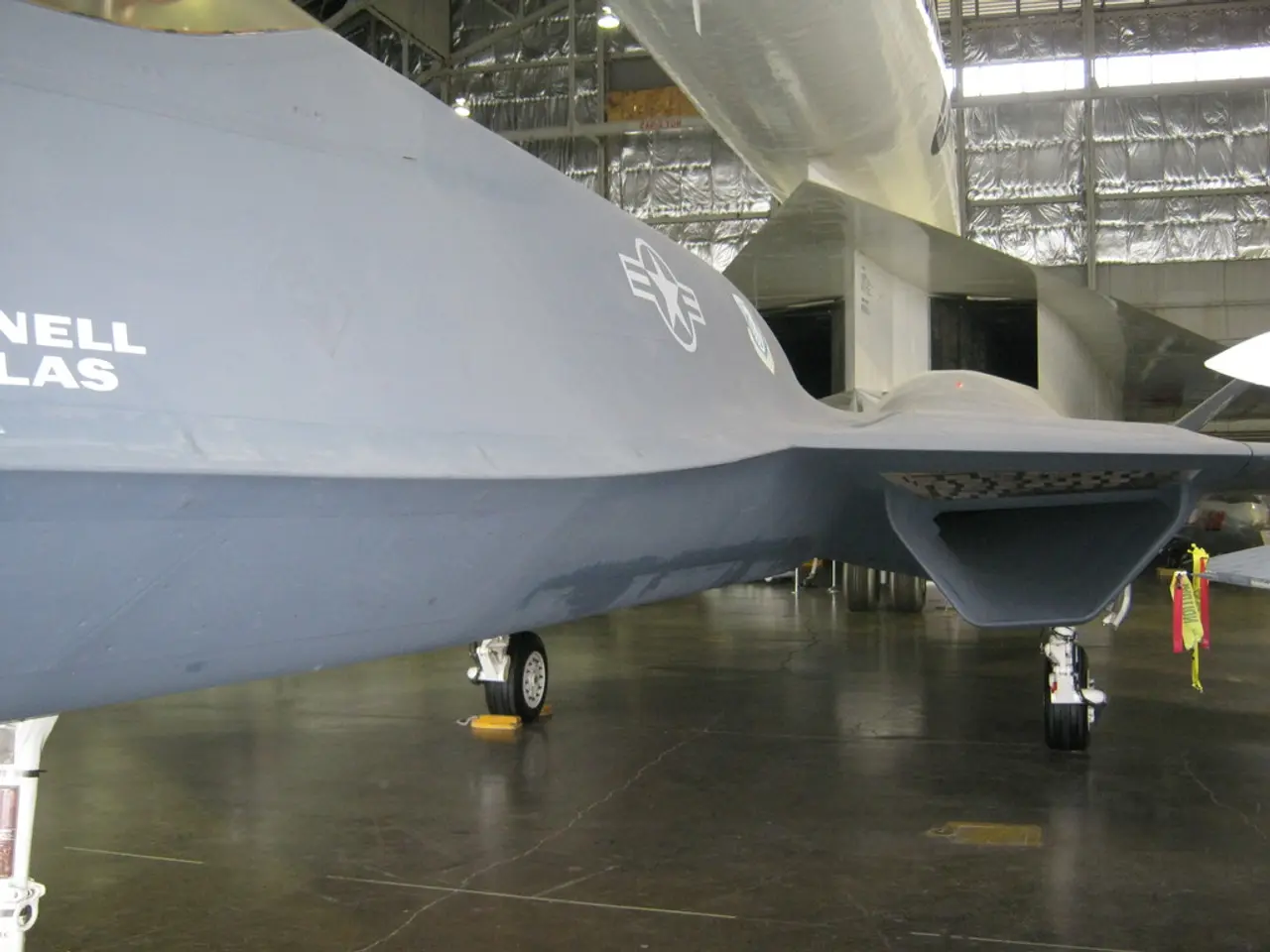Examining the Question of Gender Suitability in Pilot Roles: Weighing Physical and Mental Qualities of Male and Female Aspirants
In the world of aviation, the skies are no longer just for men. Women are taking to the skies, challenging traditional stereotypes and breaking barriers as they become pilots. This article explores the mental and physical requirements for aspiring pilots, emphasizing that these standards are equally applicable to women and men.
Mental Requirements
To succeed as a pilot, one must demonstrate mental fitness and stability. The ability to remain calm, focused, and clear-headed, even in high-pressure situations like turbulence or emergencies, is crucial. Panic or emotional instability has no place in the cockpit. Successful pilots manage stress and maintain composure, making quick, sound decisions even under duress.
Critical thinking and rapid decision-making are also essential. While pilots follow checklists, they must adapt when unexpected situations occur. Calmness, composure, and the ability to think quickly about problems and solutions are critical attributes. Effective communication with co-pilots, air traffic control, and crew is vital to ensure safety and operational efficiency. Clear, concise transmission of information reduces the risk of errors and accidents.
While certain mental health conditions can disqualify candidates, the FAA exhibits flexibility for many mental health issues through periodic monitoring, documentation, and open communication with aviation medical examiners.
Physical Requirements
All pilots must pass medical examinations according to the license level. These exams screen for vision, hearing, cardiovascular health, neurological disorders, and other medical issues that could impair flying ability.
Excellent vision is generally required, including close, distance, colour, peripheral vision, and depth perception. Exceptions like monocular vision require special practical competence tests and ongoing medical clearance to ensure safety.
Pilots need the physical capacity for using hands and feet to control aircraft pedals and instruments, moving in confined spaces, handling occasional lifting up to 25 pounds, and working in varied environments, including exposure to noise, vibration, and weather extremes. Endurance and coordination are essential, as pilots face long duty hours, must maintain intense concentration, and frequently adjust to time zone changes or early wake-up times.
Women in Aviation
The physical and mental standards are equally applicable to women and men in the pilot profession. There are no inherent gender-based restrictions medically disqualifying female candidates who meet the same criteria.
Challenges for women in the field are more often cultural, institutional, or societal rather than physiological. Increasingly, organizations are working toward gender inclusivity and equal opportunity in training and hiring. Examples from the search results emphasize equal opportunity employment policies without regard to sex or gender identity.
In conclusion, to become a pilot, candidates (including women) must pass rigorous physical and mental health standards. The profession demands composure, endurance, quick thinking, and physical agility; medical regulators maintain safety while accommodating manageable health conditions through monitoring. Women face no different medical or mental criteria than men but continue to benefit from ongoing efforts toward workplace equality and inclusivity.
Women can succeed in the challenging world of aviation, as they meet the same demanding mental and physical criteria as their male counterparts. Excellent mental fitness, including the ability to remain calm, think critically, and make quick decisions, along with sound communication skills, are essential for pilots. Regarding physical requirements, women pass medical examinations for vision, hearing, cardiovascular health, and other factors that ensure flying ability without being subjected to gender-based restrictions. Despite some societal and cultural challenges, increasing efforts are being made toward gender inclusivity and equal opportunities in aviation.




